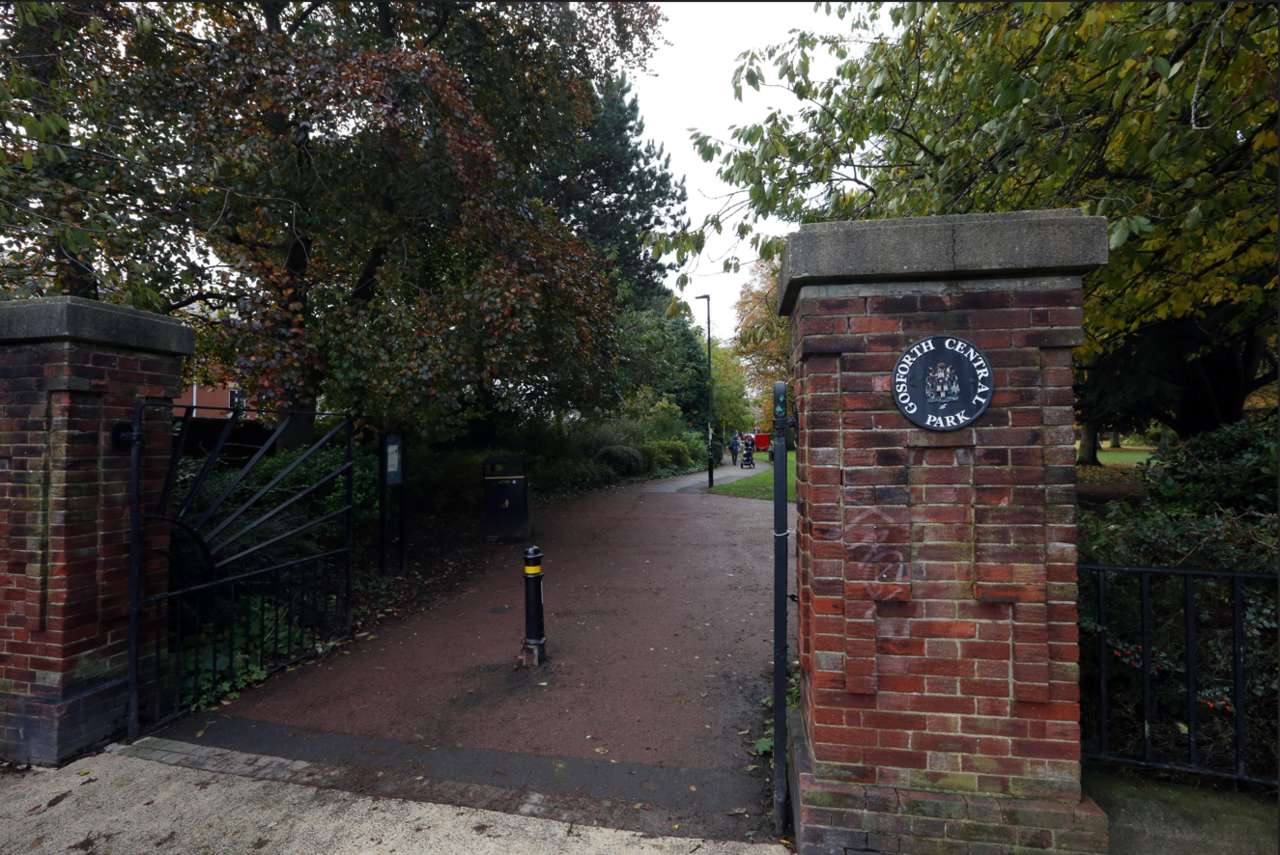Action taken against 'fearless' rats in park

There have been complaints over huge rats 'ruining' the park for families
- Published
A crackdown has been launched to rid a park from a swarm of “massive” and “fearless” rats.
Park bosses say that they are taking “extensive” action to combat the vermin in Newcastle's Gosforth Central Park.
It follows complaints in October that the rats, some of which were compared to the size of cats, were taking over the park and “ruining” it for families.
Urban Green Newcastle, the charity which runs the city’s green spaces, said its rangers were removing potential nesting spots for the rats, as well as running an “extensive bait and trapping exercise”.
'Part of wildlife'
At a Newcastle City Council meeting last week, former councillor Brian Moore warned that the park had been “overrun”.
Mr Moore, who now leads the North East Party, said that it was only a “matter of time” before a child becomes “dangerously ill” through contact with the vermin.
A spokesperson for Urban Green Newcastle told the Local Democracy Reporting Service its park rangers were removing brash - a mix of wood and treetop branches that often collects in and around trees and can be a popular place for rats to nest.
"We’re also working in partnership with local councillors in Gosforth and Gosforth Shopping Centre on a planned information campaign for local businesses and residents about how they can help keep the rat population down in the area.
“Whilst rats will always be a natural part of the wildlife population in the city, we are aiming to significantly reduce the numbers recently seen in Gosforth Central Park. "
Mr Moore had called for the council and Urban Green to eradicate the rats, as well as increasing the number of bins in the park and emptying them more regularly.
Labour councillor Marion Williams, the authority’s cabinet member responsible for waste, said that high-tech sensors installed on the park’s bins had “greatly” reduced the instances of litter overflowing and showed that the current collection frequency is sufficient.
Related topics
- Published17 August 2023
